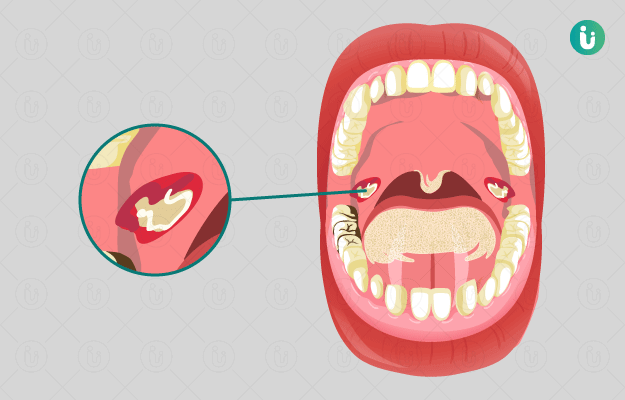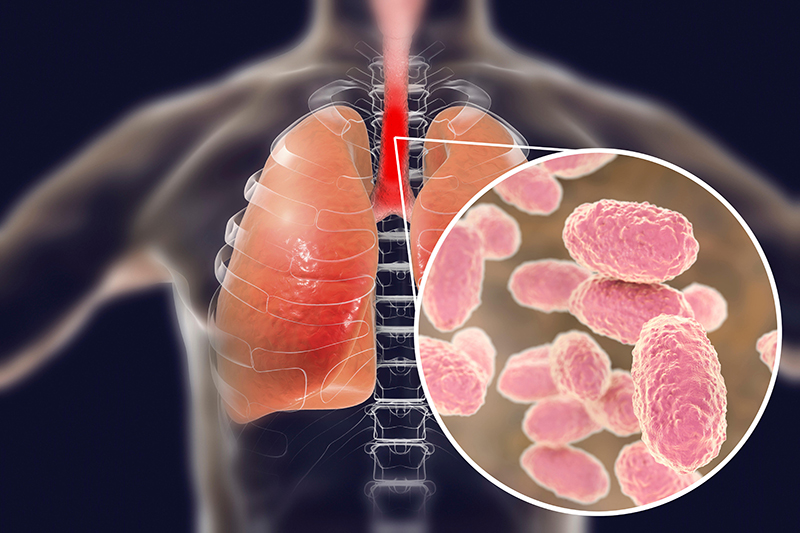Vaccinations play a vital role in preventing the spread of infectious diseases and safeguarding public health. Among the essential immunizations available is the Tdap vaccine, designed to provide protection against three potentially serious diseases: Tetanus, Diphtheria, and Pertussis. In this article, we explore the importance of the Tdap vaccine, its components, and how it contributes to individual and community health.
The Tdap Vaccine: Safeguarding Against Tetanus, Diphtheria, and Pertussis

Understanding Tetanus:
Tetanus, also known as lockjaw, is a bacterial infection caused by the Clostridium tetani bacterium. It enters the body through wounds and produces a potent toxin that affects the nervous system. Tetanus can cause severe muscle stiffness, spasms, and even life-threatening complications. The Tdap vaccine includes a tetanus toxoid component, which stimulates the immune system to produce protective antibodies against this bacterium.
Diphtheria: Preventing a Dangerous Respiratory Infection:

Diphtheria is a highly contagious respiratory infection caused by the Corynebacterium diphtheriae bacterium. It spreads through respiratory droplets and can lead to a thick, grayish coating in the throat, making breathing difficult. Diphtheria can also affect the heart, nervous system, and other organs. The Tdap vaccine contains a diphtheria toxoid component that prompts the immune system to develop immunity against this bacterium.
Pertussis: Protecting Against Whooping Cough:

Pertussis, commonly known as whooping cough, is caused by the Bordetella pertussis bacterium. It is a highly contagious respiratory infection characterized by severe coughing fits, often accompanied by a “whooping” sound during inhalation. Pertussis can be particularly dangerous for infants and young children, potentially leading to severe complications or even death. The pertussis component in the Tdap vaccine stimulates the immune system to produce antibodies that fight against this bacterium.
Read also : Align Probiotic: Cultivating Gut Health for Balanced Well-being
Importance of the Tdap Vaccine:
The Tdap vaccine is crucial for individuals of all ages. It offers protection against tetanus, which can be contracted through cuts, wounds, or exposure to contaminated soil. Diphtheria and pertussis can spread through close contact with infected individuals or respiratory droplets. By receiving the Tdap vaccine, individuals not only protect themselves but also contribute to the prevention of these diseases within their communities.
Vaccine Schedule and Boosters:
The Tdap vaccine is typically administered during adolescence, around the age of 11 or 12. Additionally, adults who have not received a Tdap vaccine should get a booster dose to ensure ongoing protection. Pregnant women are also advised to receive a Tdap vaccine during each pregnancy to pass on protective antibodies to their newborns.
Conclusion:
The Tdap vaccine serves as a vital tool in preventing tetanus, diphtheria, and pertussis. By providing immunity against these diseases, it contributes to individual well-being and helps create a healthier community. Understanding the importance of vaccination and staying up-to-date with Tdap immunization not only protects individuals but also ensures the containment and prevention of these potentially serious infections. Consult with healthcare professionals to determine your vaccination needs and contribute to a safer, healthier future for everyone.
Must Read : Defending Against Dengue: The Quest for a Vaccine










Leave a Reply